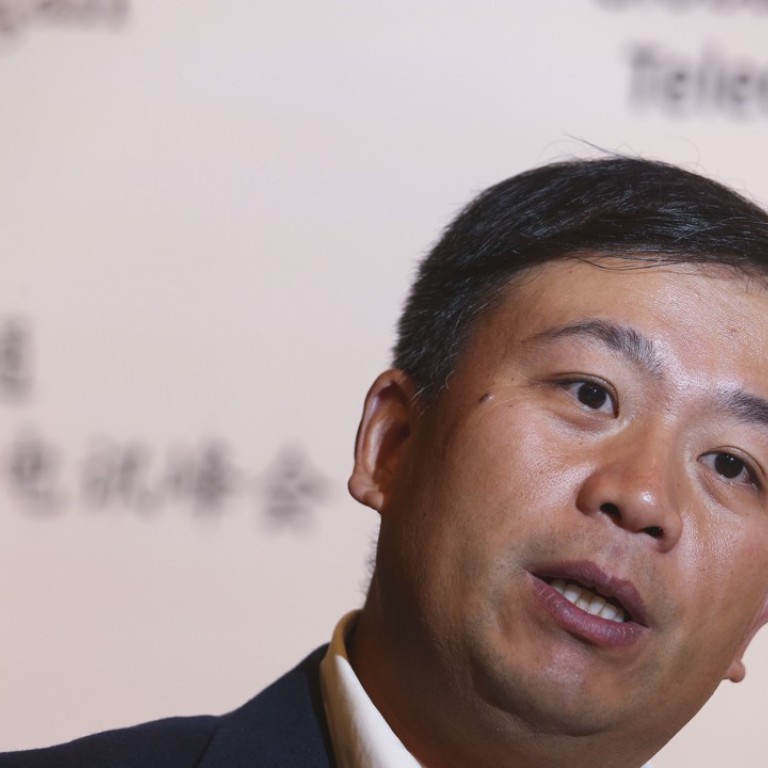
Ping An’s Good Doctor app is using AI to get smarter as its user base tops 180 million
Good Doctor, the medical service app backed by Ping An Insurance, will expand its use of AI as it seeks to expand its reach across China
Ping An Good Doctor, the health care and medical mobile app backed by Ping An Insurance Group, will invest further in artificial intelligence (AI) technology as part of an ambitious push to broaden the reach of its services across mainland cities.
“We will continue to further invest in AI next year because the technology can speed up our health services by eight times,” Wang Tao, group chairman of Good Doctor, told the Post in an interview in Hong Kong.
Launched in 2015, the Good Doctor app provides free diagnosis, treatment and online appointment booking. It also enables users to communicate with health care professionals through text, photos, and video. The app has a database of articles on health care and supports a microblog-style discussion forum on health-related topics. There is also an online store that sells medications, health care products, cosmetics, and gift vouchers for medical services.
In May last year, Good Doctor secured US$500 million in financing, which valued the company at US$3 billion. Among Ping An’s portfolio of internet companies, Good Doctor and Lufax, China’s biggest peer-to-peer lender, qualify as unicorns, or companies that have a value greater than US$1 billion.
Wang said Good Doctor started using machine learning technology this year, referring to the self-learning technology that can identify patterns in data to assist in medical diagnosis and treatment.
“For example, one doctor can provide consultation services to five patients per hour. The number of patients will jump to 40 with the assistance from AI,” said Wong.
He said the company will invest tens of millions of yuan in AI to expand services. Wang declined to comment whether the company would seek additional funding to support the expansion.
The company has 180 million registered users, the largest online medical service platform in China, according to Wang.
“Our target patients are those in smaller cities where there is a shortage of hospitals or clinics to provide services,” he said. “Digital health care services are releasing some of the pressure on China’s health care system and cutting down the waiting time in overcrowded hospitals.”
China’s health care market is expected to reach US$2.3 trillion by 2020. The vast market has attracted more than 2,000 mobile health care apps, ranging from medical advice to appointment booking services.
Those receiving medical attention in China spend an average of 29.3 hours per week online. About 26 per cent of this online time goes toward medical-related activities such as providing feedback on treatment and services, according to market research firm Kantar Health.
Good Doctor has a team of 1,000 doctors to provide online consultations to patients, in addition to consulting agreements with thousands of doctors from public and private hospitals across the country.

